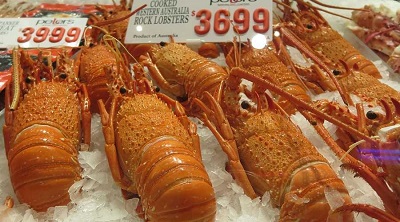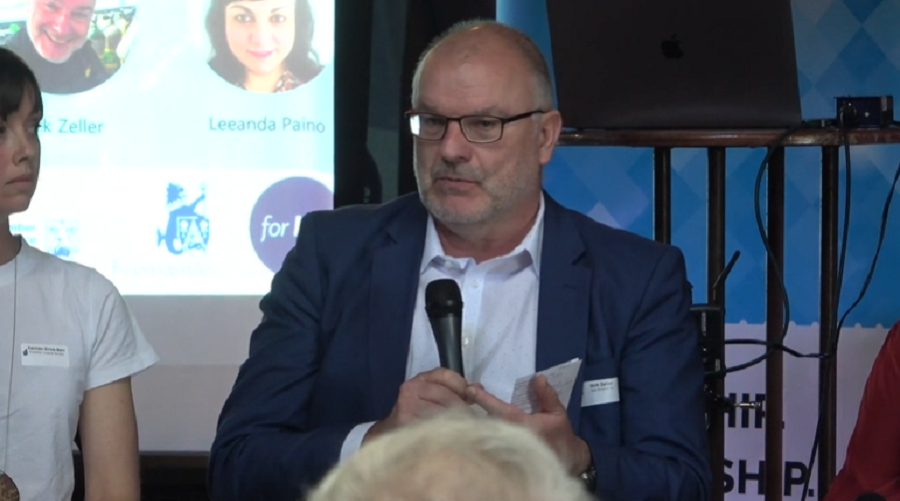Western Australia needs to be very careful when it comes to balancing the state’s marine ecological health and the growth of its blue economy.
This, according to Professor Dirk Zeller, director of the Sea Around Us – Indian Ocean at the University of Western Australia, who shared his views on the state’s fisheries and conservation efforts at the State of the Blue Economy Forum held on December 3, 2020, in the port city of Fremantle.
Organized by ocean innovation centre For Blue in partnership with the City of Fremantle and the Fremantle Chamber of Commerce, the event featured a wide range of speakers and panellists who talked about the opportunities and challenges that the blue economy framework presents in marine technology, fisheries, aquaculture, ecotourism, conservation, energy, and shipbuilding.
Addressing the challenges, Dr. Zeller said that climate change is one of the major threats that need to be taken into consideration when launching any kind of marine enterprise, program or initiative, whether public or private.

The rock lobster fishery is Western Australia’s most valuable fishery. Image by mabelyeap, Pixabay.
“We need to realize that all the species along the West Australian coast are moving south, thus we, as a society and our governments, need to start thinking and acting carefully on any matter that impacts these species. For example, fisheries that are currently fishing at the northern end of the range of a species will eventually disappear because their species’ distributions are moving south,” Zeller told the audience, comprised of more than a hundred businesses and stakeholders from across the marine sector.
According to the researcher, everyone, from businesses to policymakers and community planners, should start thinking about what the region’s long-term planning will look like as better opportunities in fisheries may appear in the south but disappear in the north.
This long-term planning – Zeller said – should be backed up by publicly transparent data and analyses that, based on recent advances in machine learning and artificial intelligence, provide a clearer picture of the state of the world’s or a specific region’s fisheries resources.
“Fish in the ocean are a public resource, and if we are talking about a public resource, there should be public data transparency so all data associated with fisheries in that context should actually be readily available,” Zeller told the audience.
Finally, when asked how can Western Australia harness its natural advantage for greater economic benefit, Dr. Zeller said that the state should also start paying more attention to its human expertise.
“One of the greatest under-utilized resources we have is actually the capacity building, the educational capacity that we have here,” Zeller said. “I work with colleagues and scientists around the Indian Ocean Rim countries and they are desperate for our capacity building, for bringing our techniques and our knowledge to them for training their people. I’ve been here for four years now and I haven’t been able to bring a single qualified candidate from East Africa to come here and do a PhD on fisheries relevant to their home country because the scholarships aren’t there for this kind of endeavour, the resources aren’t there.”
In his view, both the Australian and the state government could start looking at ways to tap into the capacity-building educational market in all the Indian Ocean Rim countries.



